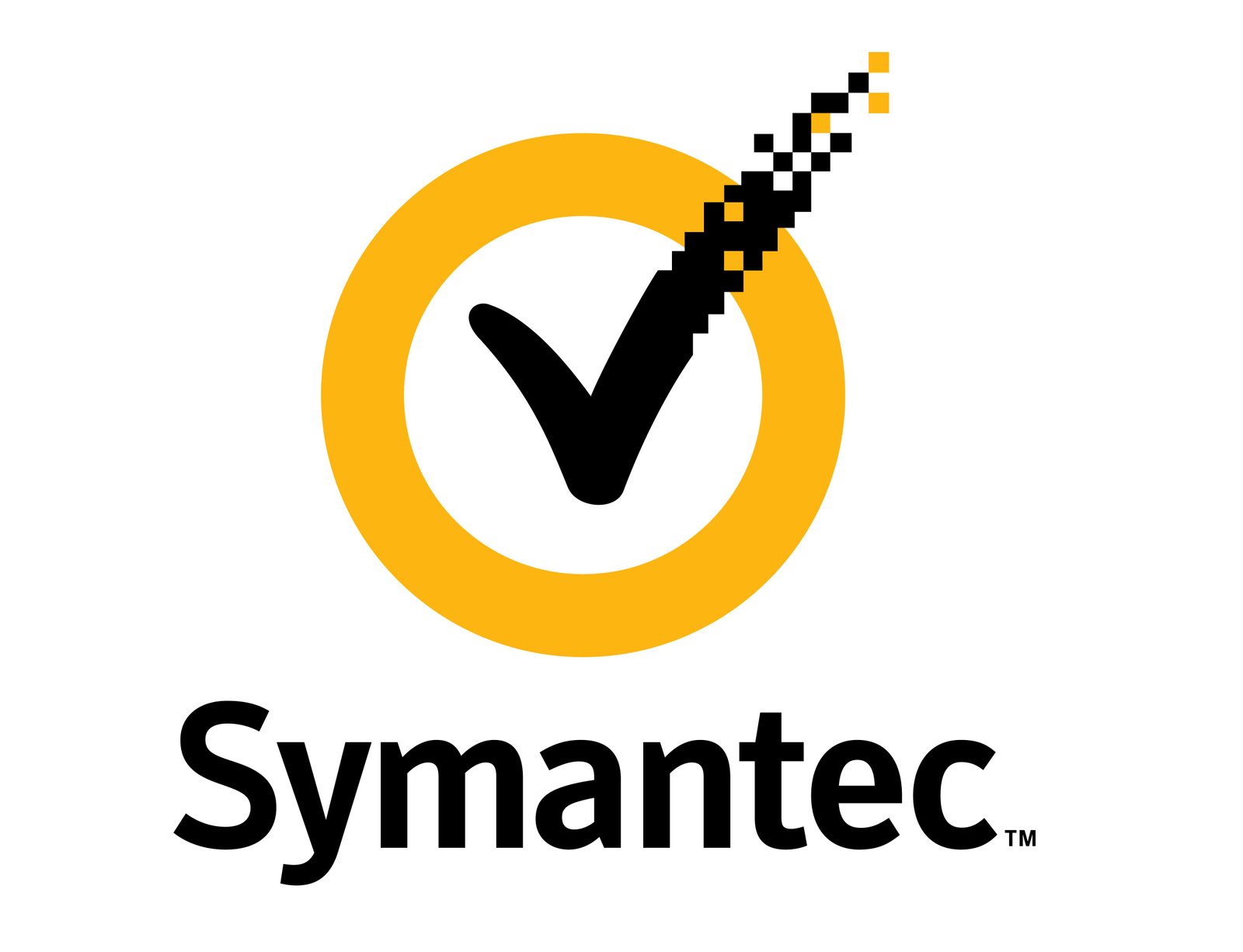The promise of ‘Smart City’ living and new mobile services will empower citizens of the Gulf, but must be backed by the appropriate security and regulatory infrastructure. During his keynote address at the M-Gov Conference in Abu Dhabi, Ilias Chantzos, Senior Director of Symantec’s Government Relations and Public Affairs programmes for Europe, Middle East & Africa (EMEA), also called on the region’s leading policy makers and business leaders to unite against the challenges and threats seen when introducing e-Government and M-Government services for its citizens and customers.
 “Smart city initiatives are appearing all over the world as policy makers strive to make their cities more competitive and effective for citizens and business communities,” said Chantzos. “However, a solid security strategy and regulatory approach must be in place before implementing e-government or m-government services. One cannot exist without the other. Establishing policies that safeguard end-user information is critical in today’s connected world.”
“Smart city initiatives are appearing all over the world as policy makers strive to make their cities more competitive and effective for citizens and business communities,” said Chantzos. “However, a solid security strategy and regulatory approach must be in place before implementing e-government or m-government services. One cannot exist without the other. Establishing policies that safeguard end-user information is critical in today’s connected world.”
The UAE is currently at an unprecedented turning point, with huge mobile growth pioneering multi-faceted technologies housed under the ‘Smart City’ concept that can address different components and city systems, such as Intelligent Transportation, Connected Healthcare, Public Safety and Security, Emergency Services, Smart Grid and Smart Metering.
The current growth of connectivity due to be seen by the adoption of e-Services must motivate governmental authorities and business leaders, as well as inspire consumers, to strengthen information security policies. However, smart city implementations can be increasingly complex as they leverage hyper-connectivity, especially through the Internet of Things (IoT), sensor, RFID and M2M technologies, and will generate a vast amount of data, all elements that will add vulnerability to the different components. New services bring cyber threats that could disrupt the Government’s efforts in bringing mobility initiatives to life. Unfortunately, the nature of connected technologies – which are increasingly able to collect, store and analyse a wide range of data – makes them a target for cyber attacks.
Chantzos continued, “With the right security policies in place, cyber security threats can be detected, analyzed and removed for a more resilient infrastructure. Symantec is working effectively with decision makers in the Gulf, to protect against a threat landscape that is growing in intensity and sophistication and to provide the tools that enable our customers to better safeguard the privacy of their information and effectively comply with the growing information security requirements. Having an effective strategy to combat such attacks must become an integral component, especially in a country with abundant natural resources and a flourishing economy, such as the UAE, to deal with the rising threat of cybercrime.”
The M-Gov Conference is taking place against a backdrop of improved security understanding and awareness in the region. The UAE’s Internet security profile improved from a world rank of 41 in 2012 to 47 last year, whereas targeted attacks increased globally by 91 per cent.
The shift from 41 to 47 indicates a lower number of security threats across all categories, with the exception of spam. Elsewhere, a report published by Symantec last month, listed the UAE at 45 in the global top 50 ranking of countries that have witnessed the highest volume of ‘originating DDoS traffic.











